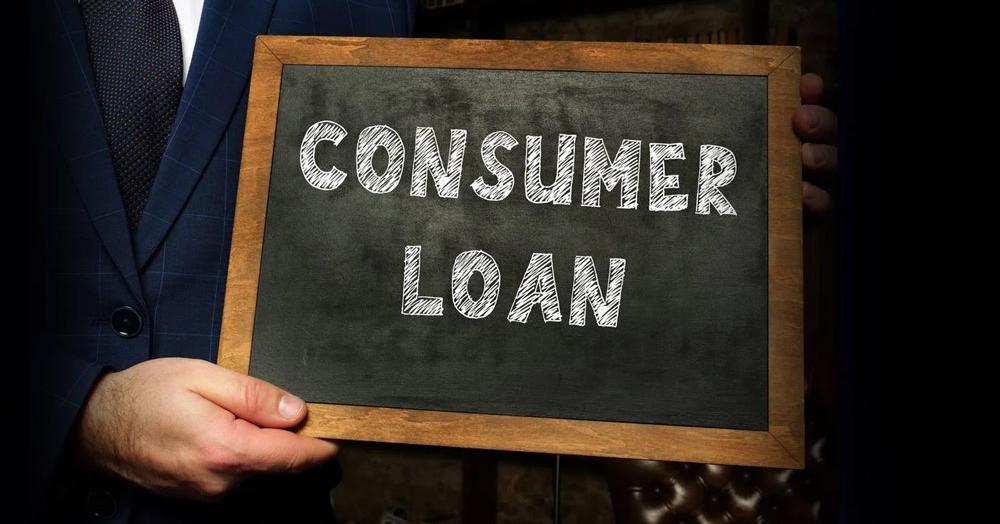In the complex financial landscape of today, understanding the diverse range of loan options available to consumers is crucial. Loans can be instrumental in achieving various personal and professional goals, from buying a home to funding education. This article provides a detailed overview of the various types of loans accessible to consumers, including a brief segment on private student loans.
Mortgage Loans: Financing Property Purchases
Mortgage loans are one of the most common types of loans used by consumers to purchase real estate. These are typically long-term loans, with repayment periods often extending to 30 years. Mortgages are secured loans, meaning the property purchased acts as collateral. There are various types of mortgage loans, including fixed-rate mortgages, where the interest rate remains constant throughout the loan term, and adjustable-rate mortgages, where the rate can change based on market conditions.
Auto Loans: Facilitating Vehicle Ownership
Auto loans are used specifically for purchasing vehicles. Like mortgages, auto loans are secured, with the vehicle serving as collateral. The terms of auto loans can vary, typically ranging from 2 to 7 years. Interest rates can vary based on factors like the borrower’s credit score, the loan term, and the age of the vehicle.
Personal Loans: Versatile Financing
Personal loans are unsecured loans that can be used for various purposes, such as consolidating debt, financing a wedding, or covering unexpected expenses. These loans are versatile but often come with higher interest rates than secured loans due to the higher risk for lenders. The repayment terms can vary, usually ranging from one to five years.
Credit Cards: Convenient Revolving Credit
Credit cards offer a form of revolving credit, allowing consumers to borrow funds up to a certain limit for purchases and pay them back over time. While providing convenience and flexibility, credit cards typically have higher interest rates compared to other types of loans. They are ideal for short-term financing and regular purchases, provided that balances are managed responsibly to avoid high-interest costs.
Home Equity Loans and Lines of Credit
Home equity loans and home equity lines of credit (HELOCs) allow homeowners to borrow against the equity in their homes. A home equity loan provides a lump sum, with fixed interest rates and consistent monthly payments. A HELOC, on the other hand, works like a credit card, offering a line of credit that can be drawn from as needed, with variable interest rates.
Payday Loans: Short-Term, High-Interest Options
Payday loans are short-term loans that provide immediate cash before the borrower’s next paycheck. These loans are known for their high interest rates and fees, which can lead to a cycle of debt if not managed properly. They are typically used for emergency expenses but are advised to be used cautiously due to their costly nature.
Student Loans: Federal and Private Options
Student loans are designed to help cover the costs of post-secondary education, including tuition, room and board, and other educational expenses. There are two main types: federal student loans and private student loans.
Federal student loans, offered by the government, generally have lower interest rates and more flexible repayment terms than private loans. They also offer various repayment plans, including income-driven repayment plans and potential loan forgiveness programs.
Private student loans, offered by banks, credit unions, and other financial institutions, can supplement federal loans when they do not cover all education-related expenses. These loans typically require a credit check, and terms can vary widely based on the lender and the borrower’s creditworthiness. Unlike federal loans, private student loans may not offer flexible repayment plans and are less likely to feature forgiveness options.
Business Loans: Supporting Entrepreneurial Endeavors
Business loans are designed to meet the needs of businesses, whether it’s for starting up, expanding, or managing day-to-day expenses. Types of business loans include term loans, lines of credit, equipment financing, and Small Business Administration (SBA) loans. Each type serves different business needs and can vary significantly in terms of amount, interest rates, and repayment conditions.
Conclusion
Understanding the various types of loans available is vital for making informed financial decisions. Whether it’s purchasing a home, financing a car, managing personal expenses, or funding education, the right type of loan can be a powerful tool in achieving financial goals. Consumers must consider factors like interest rates, repayment terms, and potential risks before committing to any loan. Especially with options like private student loans, understanding the terms and future financial implications is key. Well-informed borrowing decisions can provide significant financial support without leading to unmanageable debt.

